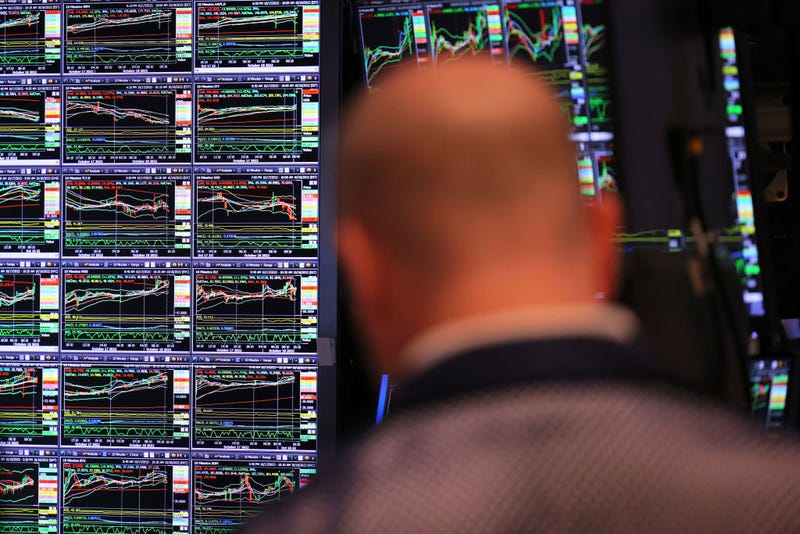
Leaders of two major Wall Street banks and a prominent billionaire hedge fund manager have all said in recent weeks that the U.S. economy could go into a recession by next year.
“I think you have to expect that there’s more volatility on the horizon,” Goldman Sachs CEO David Solomon told CNBC’s “Squawk Box” Tuesday. “Now that doesn’t mean for sure that we have a really difficult economic scenario, but in the distribution of outcomes, there’s good chance we could have a recession.”
He wouldn’t say when that recession could come when asked if he had heard billionaire investor Stanley Druckenmiller’s comments from last month.
“I will be stunned if we don’t have recession in ‘23,” he said during CNBC’s Delivering Alpha Investor Summit. “I don’t know the timing but certainly by the end of ‘23. I will not be surprised if it’s not larger than the so-called average garden variety.”
As of this Wednesday, CNBC reported that investors were concerned about a recession as The Federal Reserve Bank continues to raise interest rates in an effort to curb rising inflation. According to the outlet, a fourth 75 basis-point rate hike is expected in early November.
In an interview with Audacy’s podcast “The Homestretch”, economist Chris Thornberg of Beacon Economics said that the Fed should back off of interest rate hikes. He argued that the hikes are a “stupid” way to deal with inflation that Thornberg explained was in part caused by pandemic-related government stimulus funding.
Research from the Wells Fargo Investment Institute that goes “all the way back to the 1930s,” indicates that “the Fed has never been able to reduce inflation by greater than 2.50% in any cycle without ultimately causing a recession.”
Fears about a recession have not just started. In May, billionaire Elon Musk said he thought the U.S. was already in one. Former Goldman Sachs chief executive Lloyd Blankfein and Wells Fargo CEO Charlie Scharf also seemed certain at that time that a recession was on the horizon.
Earlier this month, JPMorgan Chase CEO Jamie Dimon said that a “very, very serious” mix of headwinds could put both the U.S. and global economy into recession by the middle of next year, according to CNBC. However, he said that the economy was still doing well and that consumers were likely to be in better shape compared with the 2008 recession.
LISTEN on the Audacy App
Sign up and follow Audacy
Facebook | Twitter | Instagram

